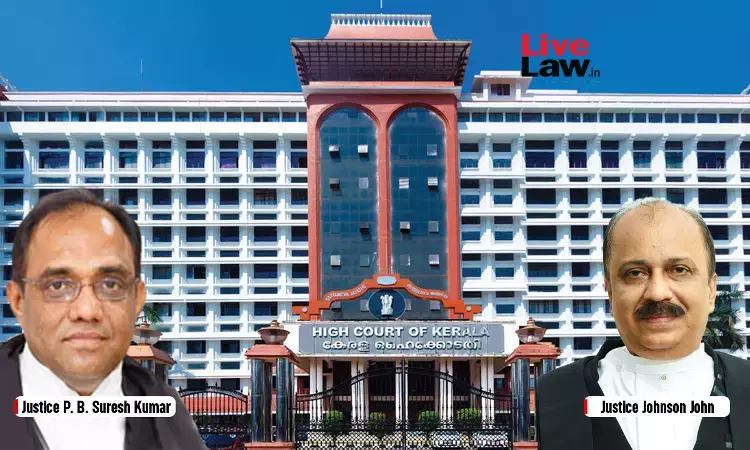The Kerala High Court deliberated upon the legal issue as to whether a conviction for culpable homicide under section 299 IPC was sustainable if the body of the infant was disposed of in the sea believing it to be lifeless. The Court was hearing an appeal against the conviction of parents for allegedly causing the death of their infant child and disposing of the body in the sea. The...

